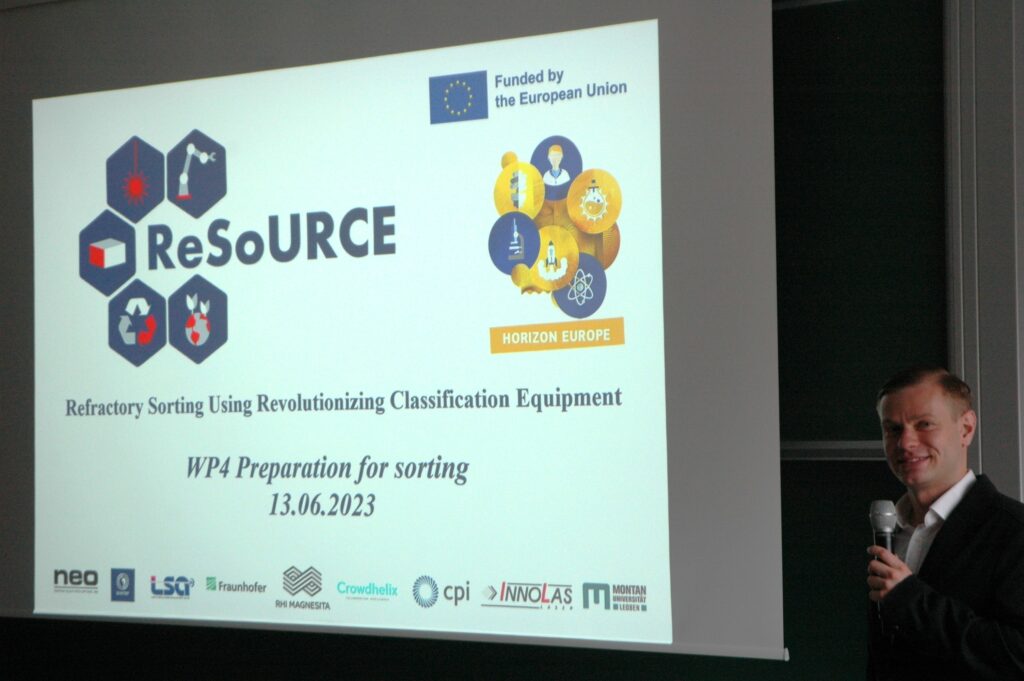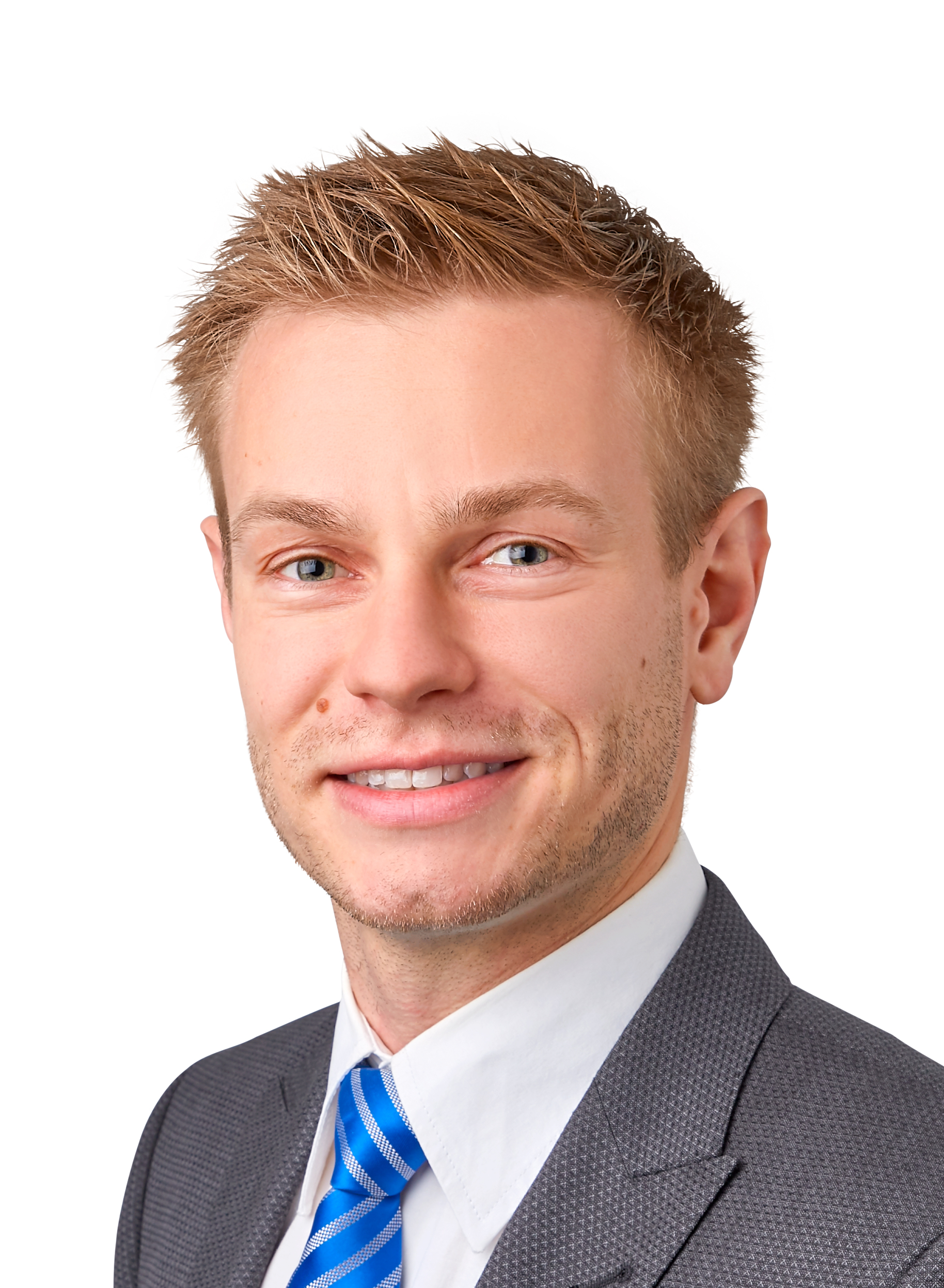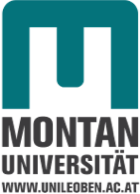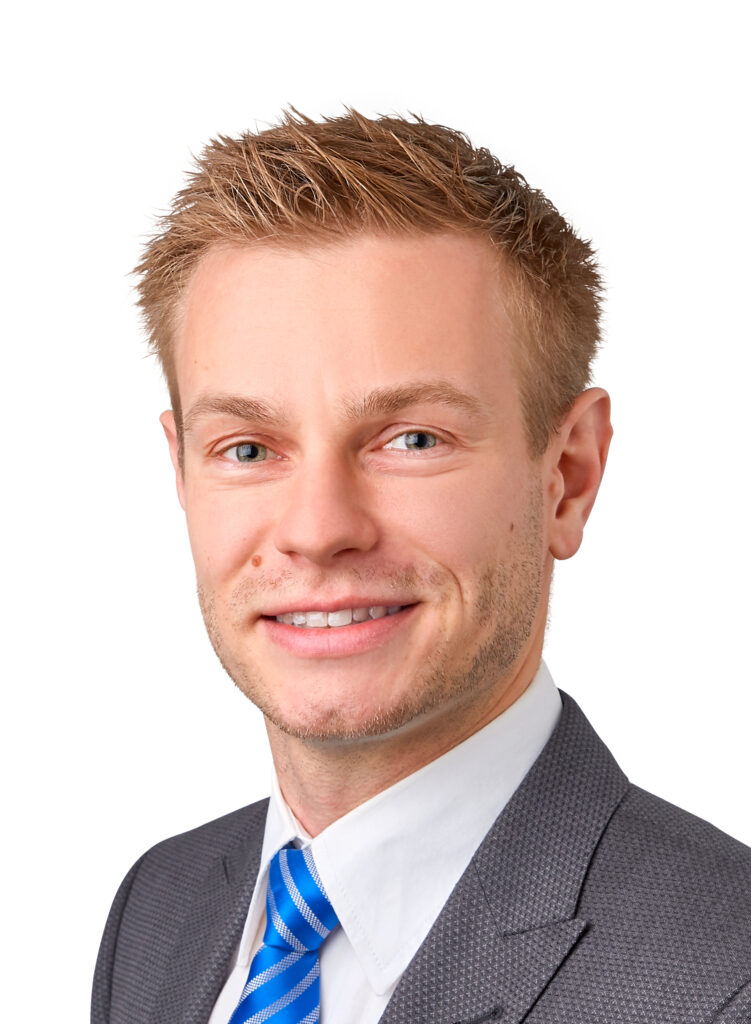PROMISEs for electrodynamic fragmentation as alternate comminution technology

At the Montanuniversität Leoben we have a new master program: The Erasmus Mundus Joint Master in Sustainable Mineral and Metal Processing Engineering-EMJM PROMISE. The program has been established because we see increasing demands in the quantity and diversity of minerals, metals, and materials as we move towards renewable energy, electromobility, digital communication and other clean-energy technologies.
PROMISE is the consortium involving the cooperation between four leading universities in mineral processing and mining engineering. Aside from our own university, the Montanuniversität Leoben in Austria (MUL), the University of Oulu from Finland (UOULU), University of Zagreb from Croatia (UNIZG), and Universidad Federico Santa Maria from Chile (USM) are partners.
Within the study programme 20 students moved in the Summer Semester 2023 to Leoben to complete their second semester. Besides the lecture, there is one main in the second semester, which is the composing of a project study related to mineral processing.
In this project study the connection between ReSoURCE and PROMISE has shown up. The first week of the semester is the so-called “Welcome Week” in which the project ReSoURCE was introduced to the students at the “Scientific Exchange Day” by myself. The idea of reducing the carbon footprint of RHI Magnesita with building up one of the first automated recycling plants for refractories brought a wide attention to the audience. Furthermore, a detailed introduction into the topic of electrodynamic fragmentation as alternate comminution technology was given.
Within the following weeks the students could gain knowledge to the processing of minerals in lectures and practical work in the technical facility of the Chair of Mineral Processing.
The ReSoURCE topic “The Use of Electrodynamic fragmentation (EDF) for Comminution of Steel Casting Ladle’s Refractory (MgO-C) and Cement Rotary Kiln’s Refractory (Hercynite)” gained the attention of four students, who decided to validate this technology for the comminution of refractories. This group consisted of students from China, Chile, Pakistan and Finland. – a diverse group that brought different fields or expertise, different cultural backgrounds and different perspectives and perceptions together.
After two months of laboratory work and one month for the evaluation and visualization of the results, the project study was finished. The result is that high voltage pulse power fragmentation is a novel route for the comminution to weaken or fully fragment rocks.
At the PROMISE Summer School in June 2023 we presented the results of the ReSoURCE project study. The audience consisted of PROMISE students as well as professors and scientific staff of all the involved universities in the master programme. Our high voltage pulse power fragmentation contribution knocked the socks off the audience – Although the liberation of the comminuted output fractions has to be analyzed in the next step to evaluate the efficiency of the process.
Myself and my colleagues at the Chair of Mineral Processing are looking forward for getting the next PROMISE cohort in the next summer semester. We are glad that one of the students within the ReSoURCE project study decided to come back to Leoben for writing her master thesis in ReSoURCE.

Author’s Portrait
Karl Friedrich
DI Karl Friedrich is research associate at the Chair of Mineral Processing in the area recycling at the Montanuniversitaet Leoben.
Before that he was employed as research associate at the Chair of Waste Processing Technology and Waste Management (area: sensor-based sorting) and the Chair of Economic and Business Management for sustainability management and digitalization.
Since 2018 he participates in the Montanuniversitaet’s PhD Program. The title of his thesis is “Increasing efficiency in sensor-based sorting processes for polymer waste”.
From 2011 to 2017 Karl studied in the Bachelor and Master program “Energy and Environmental Management” at the University of Applied Sciences Burgenland. His elective subjects were “Environmental process engineering” and “Energy engineering and energy economics” and his master thesis belongs to recycling opportunities for glass residues after thermal waste treatment.
Karl’s research interests are Sensor-based Sorting, Mineral Processing, Recycling, Digitalization, Waste Processing, Waste Management, Life Cycle Assessment and Material Flow Analysis.
Partner

